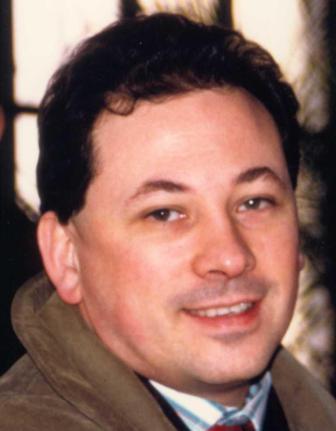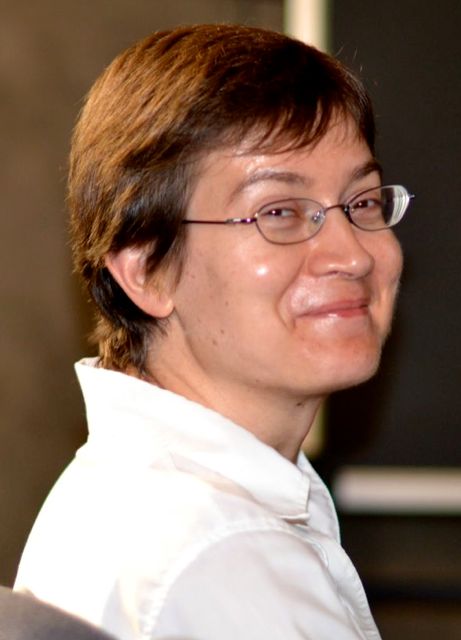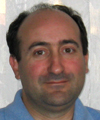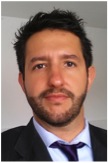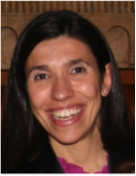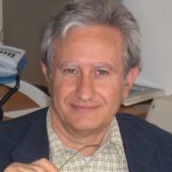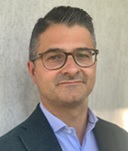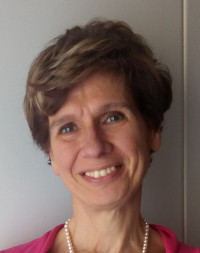Studying at the University of Verona
Here you can find information on the organisational aspects of the Programme, lecture timetables, learning activities and useful contact details for your time at the University, from enrolment to graduation.
Academic calendar
The academic calendar shows the deadlines and scheduled events that are relevant to students, teaching and technical-administrative staff of the University. Public holidays and University closures are also indicated. The academic year normally begins on 1 October each year and ends on 30 September of the following year.
Course calendar
The Academic Calendar sets out the degree programme lecture and exam timetables, as well as the relevant university closure dates..
| Period | From | To |
|---|---|---|
| I semestre | Oct 3, 2011 | Jan 31, 2012 |
| II semestre | Mar 1, 2012 | Jun 15, 2012 |
| Session | From | To |
|---|---|---|
| Sessione straordinaria | Feb 1, 2012 | Feb 29, 2012 |
| Sessione estiva | Jun 18, 2012 | Jul 31, 2012 |
| Sessione autunnale | Sep 3, 2012 | Sep 28, 2012 |
| Session | From | To |
|---|---|---|
| Sessione autunnale | Oct 19, 2011 | Oct 19, 2011 |
| Sessione straordinaria | Dec 13, 2011 | Dec 13, 2011 |
| Sessione invernale | Mar 21, 2012 | Mar 21, 2012 |
| Sessione estiva | Jul 16, 2012 | Jul 16, 2012 |
| Period | From | To |
|---|---|---|
| Festa di Ognissanti | Nov 1, 2011 | Nov 1, 2011 |
| Festa dell'Immacolata Concezione | Dec 8, 2011 | Dec 8, 2011 |
| Vacanze Natalizie | Dec 22, 2011 | Jan 6, 2012 |
| Vacanze Pasquali | Apr 5, 2012 | Apr 10, 2012 |
| Festa della Liberazione | Apr 25, 2012 | Apr 25, 2012 |
| Festa del Lavoro | May 1, 2012 | May 1, 2012 |
| Festa del Patrono di Verona S. Zeno | May 21, 2012 | May 21, 2012 |
| Festa della Repubblica | Jun 2, 2012 | Jun 2, 2012 |
| Vacanze estive | Aug 8, 2012 | Aug 15, 2012 |
Exam calendar
Exam dates and rounds are managed by the relevant Science and Engineering Teaching and Student Services Unit.
To view all the exam sessions available, please use the Exam dashboard on ESSE3.
If you forgot your login details or have problems logging in, please contact the relevant IT HelpDesk, or check the login details recovery web page.
Should you have any doubts or questions, please check the Enrollment FAQs
Academic staff
 alberto.benvegnu@univr.it
alberto.benvegnu@univr.it
 massimo.guerriero@univr.it
massimo.guerriero@univr.it
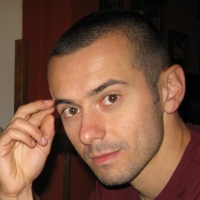
Volpe Marco
 marco.volpe@univr.it
marco.volpe@univr.it
 +39 045 802 7814
+39 045 802 7814
Study Plan
The Study Plan includes all modules, teaching and learning activities that each student will need to undertake during their time at the University.
Please select your Study Plan based on your enrollment year.
1° Year
| Modules | Credits | TAF | SSD |
|---|
2° Year activated in the A.Y. 2012/2013
| Modules | Credits | TAF | SSD |
|---|
3° Year activated in the A.Y. 2013/2014
| Modules | Credits | TAF | SSD |
|---|
Due insegnamenti a sceltaUn insegnamento a scelta| Modules | Credits | TAF | SSD |
|---|
| Modules | Credits | TAF | SSD |
|---|
| Modules | Credits | TAF | SSD |
|---|
Due insegnamenti a sceltaUn insegnamento a sceltaLegend | Type of training activity (TTA)
TAF (Type of Educational Activity) All courses and activities are classified into different types of educational activities, indicated by a letter.
Molecular biology - BIOLOGIA MOLECOLARE (2013/2014)
Teaching code
4S00800
Teacher
Credits
6
Language
Italian
Scientific Disciplinary Sector (SSD)
BIO/11 - MOLECULAR BIOLOGY
Period
I semestre dal Oct 1, 2013 al Jan 31, 2014.
To show the organization of the course that includes this module, follow this link: Course organization
Learning outcomes
Molecular Biology
The aim of this course is to provide a detailed description at the molecular level of the main issues regarding the mechanisms involved transmission, variation and expression of the information contained in the genome of prokaryotes and eukaryotes. The main themes of the course will be a detailed description of the processes of gene transcription and translation and those related to DNA replication and mutagenesis.
Program
The genetic information and informational molecules
General introduction and history. The structure of DNA and RNA. From genes to proteins, messenger RNA, transfer RNA and ribosomal RNA. The genetic code.
DNA and gene structure
The definition of gene. Coding and regulatory regions. Genes interrupted; introns.
Organization and evolution of genomes
DNA content and number of genes. Repetitive DNA. Gene families and gene duplication. Mutation, rearrangements of DNA and evolution of genomes.
The genomes of organelles.
Mobile genetic elements
Transposons,retrotransposons and retrovirus.
Chromatin and chromosomes
The nucleosomes; histones and their modifications. Higher levels of organization of chromatin. Eterochromatin and euchromatin. Eukaryotic chromosomes,telomers and centromeres.
DNA replication
The DNA polymerase. Proofreading activities of DNA polymerase.
The mechanism of replication in bacteria and eukaryotes.
Mutations and DNA repair
Spontaneous mutations and mutations caused by physical and chemical mutagens. Pre and post replication rapair systems. Recombination in immune system cells.
RNAs and transcription
The different types of RNA: synthesis and maturation. Bacterial RNA polymerase. The sigma factors. The eukaryotic RNA polymerase. Eukaryotic mRNA : capping, polyadenilation, transport in the cytoplasm. The process of transcription in bacteria and eukaryotes.
Regulation of gene expression
Bacterial promoters. Operons. Eukaryotic promoters. The regulation elements: enhancers, silencers, insulators, LCR. Gene expression and chromatin modifications. Epigenetic effects.
Introns and RNA Splicing
Spliceosomal introns. The spliceosome and mechanism of splicing. Alternative splicing and trans-Splicing. Other types of introns: group I and II introns. RNA editing. Ribozymes and riboswitch.
Translations
The ribosomes. Structure and function of tRNA. Synthesis of aminoacil-tRNA. Beginning of translation in bacteria and eukaryotes. Synthesis of polypeptides and termination of translation. Regulation of the translation. Location of proteins.
Examination Methods
Oral examination
Type D and Type F activities
Modules not yet included
Career prospects
Module/Programme news
News for students
There you will find information, resources and services useful during your time at the University (Student’s exam record, your study plan on ESSE3, Distance Learning courses, university email account, office forms, administrative procedures, etc.). You can log into MyUnivr with your GIA login details: only in this way will you be able to receive notification of all the notices from your teachers and your secretariat via email and soon also via the Univr app.
Graduation
List of theses and work experience proposals
| Stage | Research area |
|---|---|
| Correlated mutations | Various topics |
Attendance
As stated in the Teaching Regulations for the A.Y. 2022/2023, attendance at the course of study is not mandatory.
